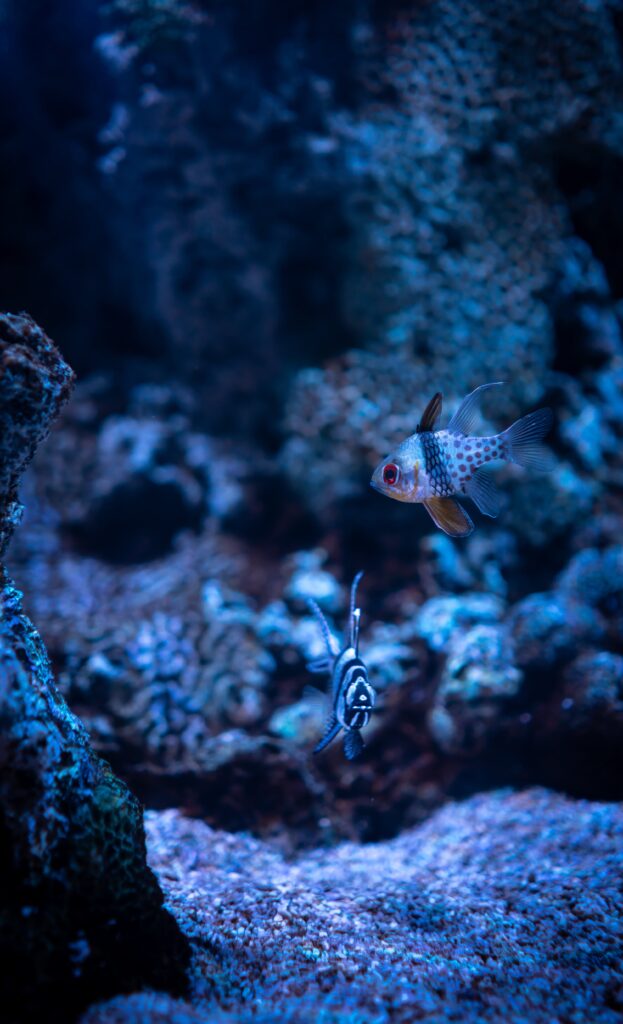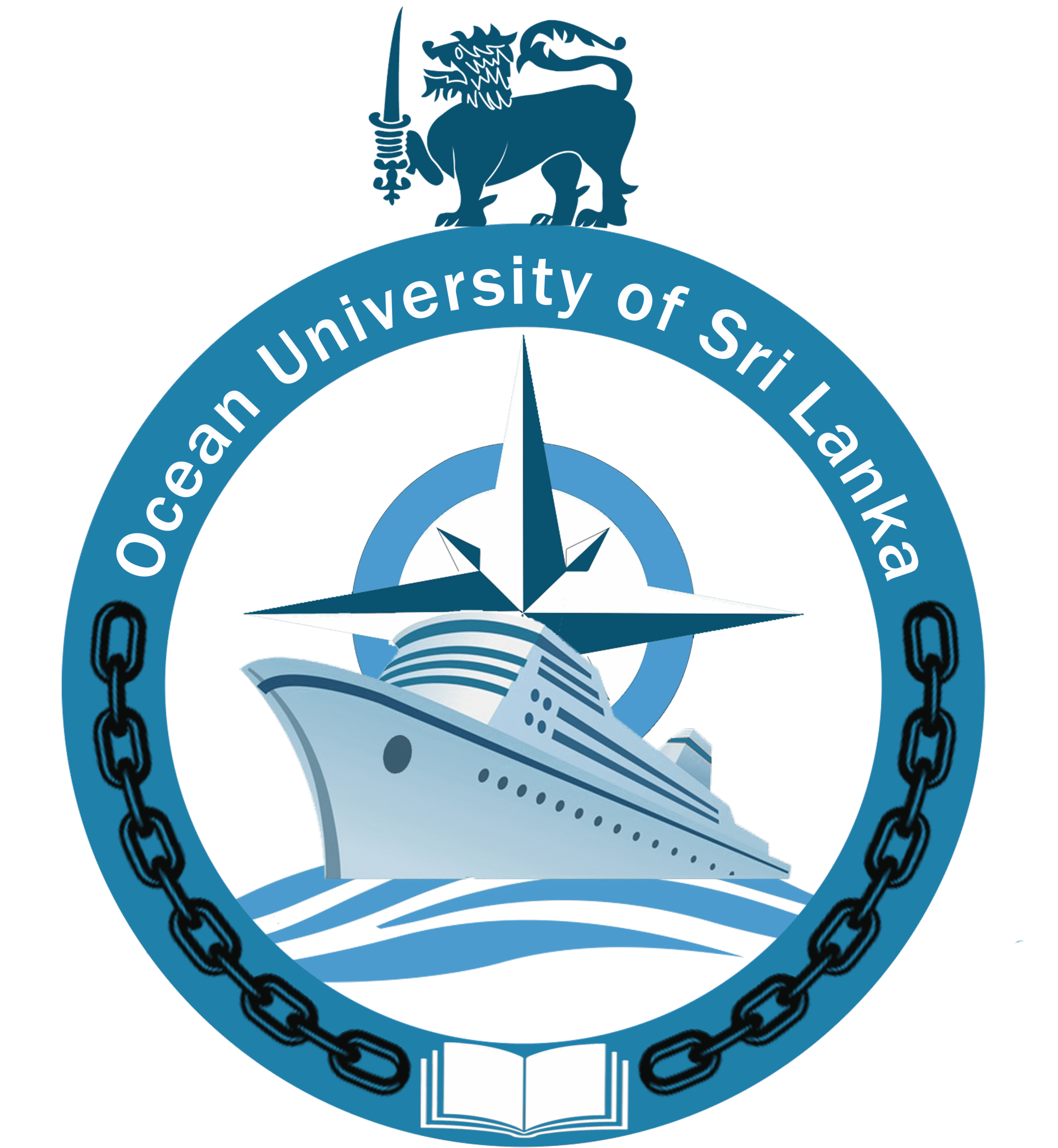B.Sc. In Oceanography
B.Sc. In Oceanography
The oceanography is an interdisciplinary by nature and has connections to biology, chemistry, physics, engineering, earth sciences and environmental system science.
Undergraduates in the Oceanography degree program will develop an understanding of the fundamentals of science governing the ocean.
The students engage in a wide range of topics of scientific interest and increasing social concerns.
Study areas in this course
You will have the opportunity to engaged the core parts of this program
- Oceanographic and hydrographic surveying
- Data management and programming skills
- Practical experience in analytical technics
- Big data analysis with independent research skills
- Seamanship and navigation
After developing a range of key skills in this program, you will be
- Provided with professional-level skills that are ideal for a career in the expanding marine sector
- Able to progress with higher education in specialized postgraduate study
- Prepared for a career in industries like, ocean and climate research, environmental consultancy, coastal engineering and management
Award
Bachelor of Science
Course Type
Full Time
Duration
04 Years
Language
English
Entry Requirements
Applicants must have passed the G.C.E. advanced level examination with minimum passes at a single attempt in physical and biological science stream.
Applicants who sat for G.C.E. advanced level within three attempts at the immediate previous year, are eligible to apply.
Applications are called from the prospective candidates through the Ocean University website in the relevant year. Students will be selected based on highest z-scores and You will be required to attend an interview.
Course Structure
In the first year, you’ll develop your foundation knowledge in mathematics and introductory level modules on physics, chemistry, biology and geology of the ocean environment including computer science and geoinformation science. You’ll gain the field and laboratory skills and yearend field visit by seagoing vessel.
In your second year, you’ll focus to deep learning modules such as geophysical fluid dynamics, geophysics, atmospheric science, hydrography, climate change, ocean based disasters, statistical techniques and law of the sea and marine policy.
In your third year, you’ll study advanced topics such as ocean dynamics, analytical techniques and ocean status forecasting where you will have more exposure to work with ocean observations data management and analysis. In the end of the year you will go for an internship and produce a research dissertation on a topic of your choice.
In the final year, You will have more practical knowledge on oceanographic surveying, ocean modeling including ocean energy and coastal engineering applications. The degree program will be completed with submitting research decertation.
Modules
Semester 1
- OCE1012 – Foundation Mathematics
- OCE1023 – Applied Physics
- OCE1033 – Basic Biology
- OCE1033 – Introduction to Earth Science
- OCE1053 – Introduction to Oceanography
Semester 2
- OCE2012 – Applied Mathematics
- OCE2023 – Physical Oceanography
- OCE2032 – Marine Ecology
- OCE2043 – Biological Oceanography
- OCE2053 – Computer Applications
- OCE2063 – Geographic Information Science
Semester 3
- OCE3012 – Geophysical Fluid Dynamics
- OCE3023 – Geological Oceanography
- OCE3033 – Chemical Oceanography
- OCE3043 – Statistical Techniques
- OCE3053 – Coastal and Marine Pollution
- OCE3062 – Law of the Sea and Marine Policy
Semester 4
- OCE4013 – Marine Geophysics
- OCE4023 – Introduction to Hydrography
- OCE4032 – Introduction to Atmospheric Science
- OCE4043 – Coastal and Estuarine Processes
- OCE4053 – Integrated Coastal Zone Management
- OCE4062 – Climate Change and Ocean Based Disasters
Semester 5
- OCE5011 – Oceanography of the Indian Ocean
- OCE5023 – Fisheries Oceanography
- OCE5032 – Observational Oceanography
- OCE5043 – Analytical Techniques
- OCE5053 – Hydrographic Surveying
- OCE5063 – Environmental Feasibility Assessments
- OCE5073 – Computer Programming
Semester 6
- OCE6012 – Data Management Techniques
- OCE6023 – Research Methodology and Scientific Writing
- OCE6032 – Statistical Techniques (Software/Programming)
- OCE6043 – Ocean Dynamics
- OCE6053 – Meteorology and Ocean Status Forecasting
- OCE6063 – Marine Resources and Exploration
Semester 7
- OCE7013 – Oceanographic Surveying
- OCE7023 – Coastal Morphology and Processes
- OCE7033 – Ocean Energy and Harnessing
- OCE7043 – Ocean Modeling and Applications
- OCE7053 – Coastal Engineering
Semester 8
- OCE8013 – Data Analysis Methods in Oceanography
- OCE8023 – Seamanship and Navigation
- OCE8036 – Research Project

Learning and Assessment
The B.Sc. (Hons) degree in oceanography the students shall take minimum of 126 credits to complete the degree program. Usually, One Credit is equivalent to 15 hours of lectures or 30-45 hours of tutorials, laboratory work and field visits etc.
Learning activities
- Class room lectures
- Practical (field and laboratory)
Assessments
- Quizzes, Assignments, Oral presentations
- Written and Practical exams

